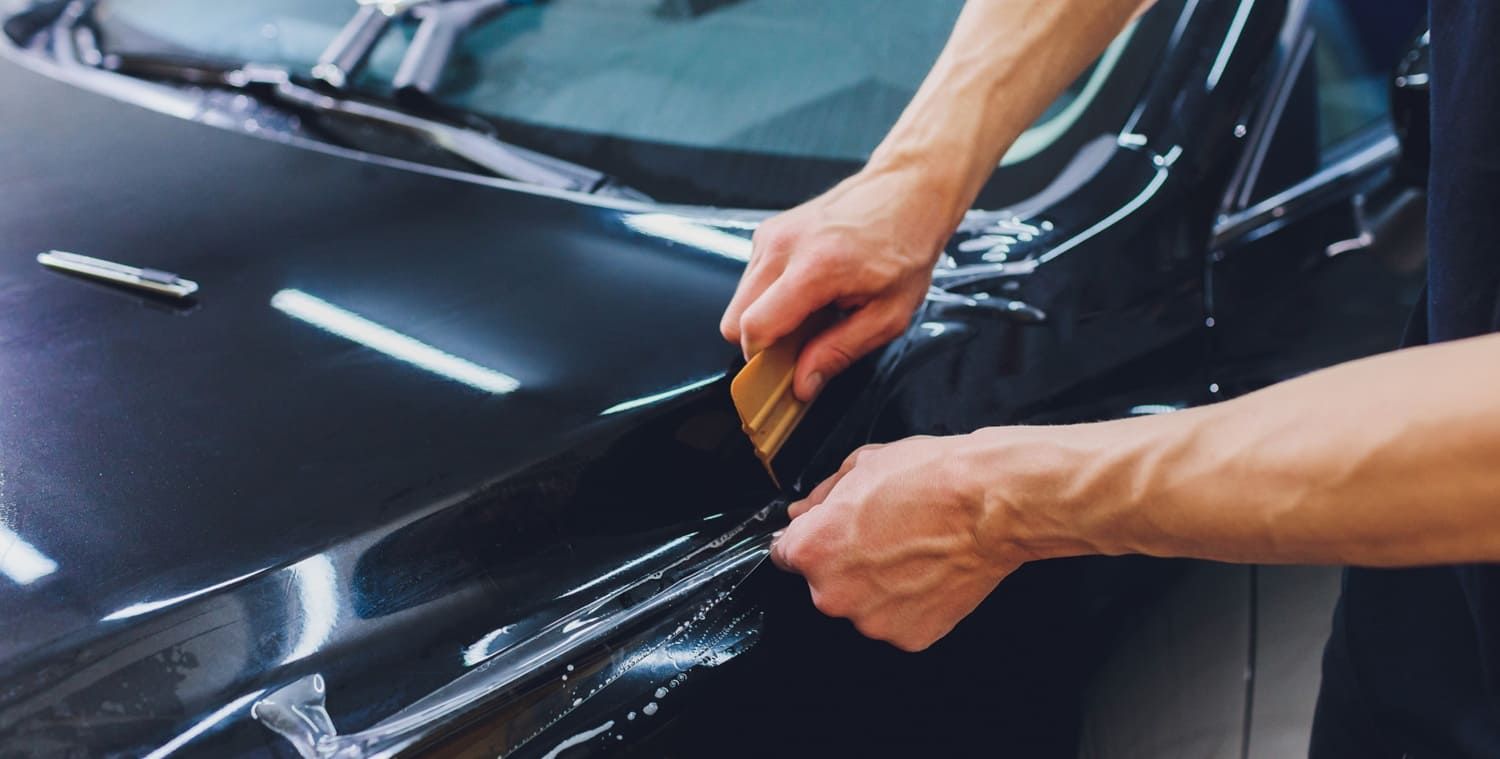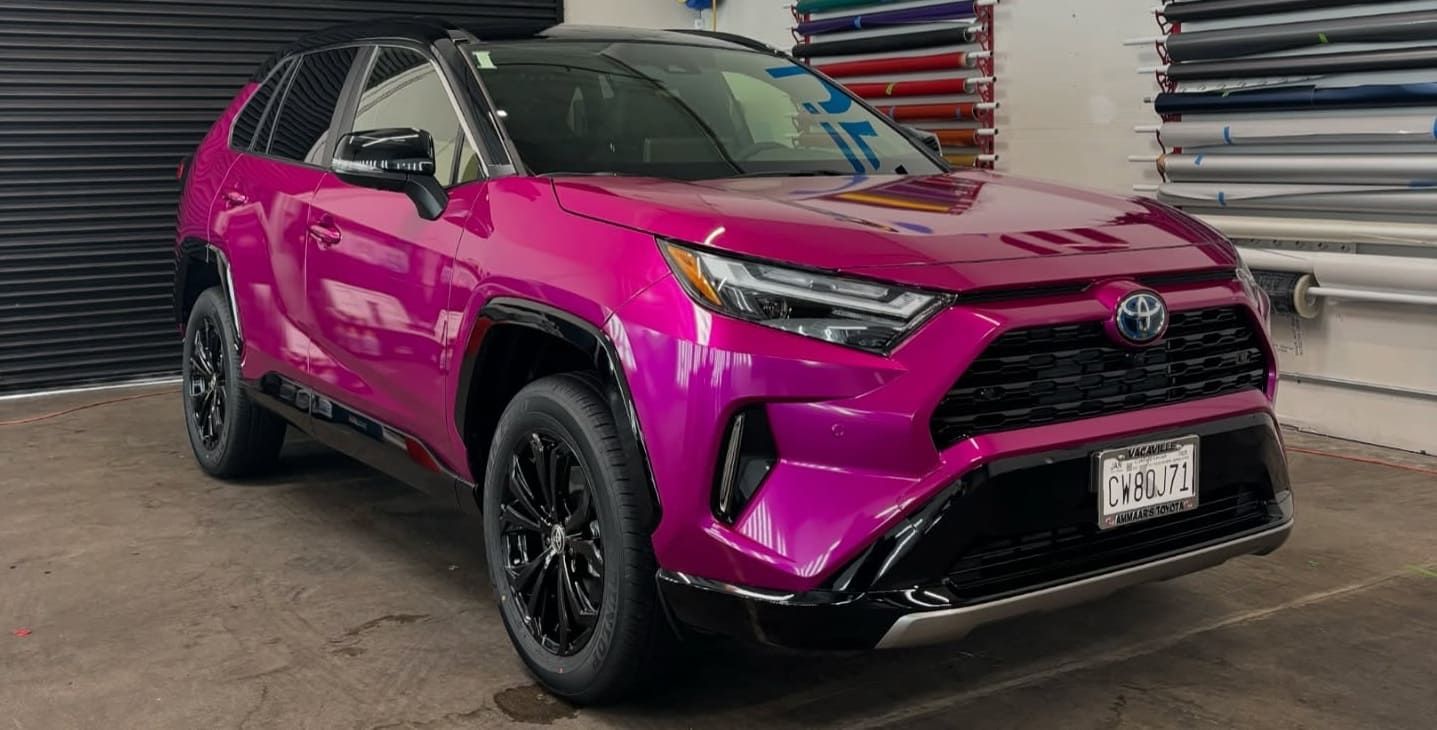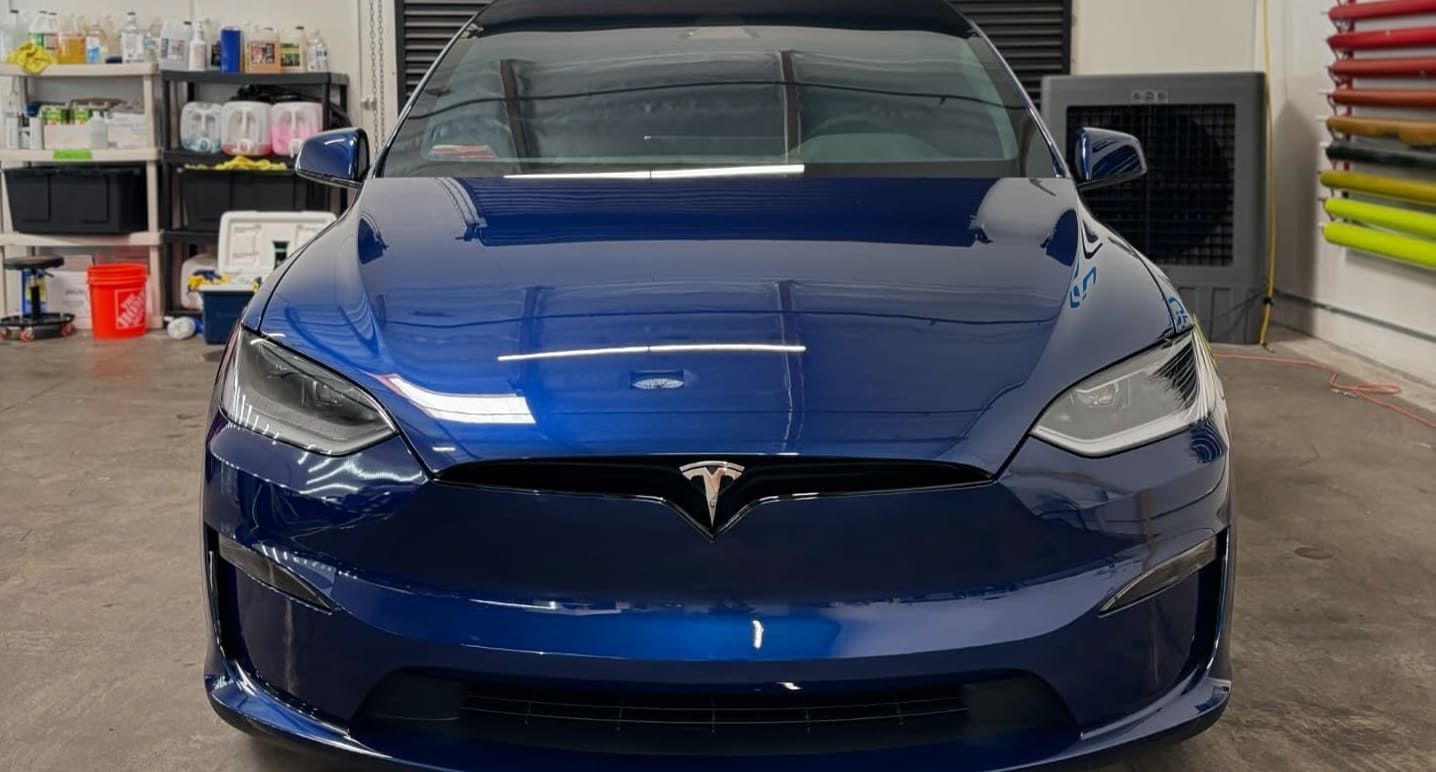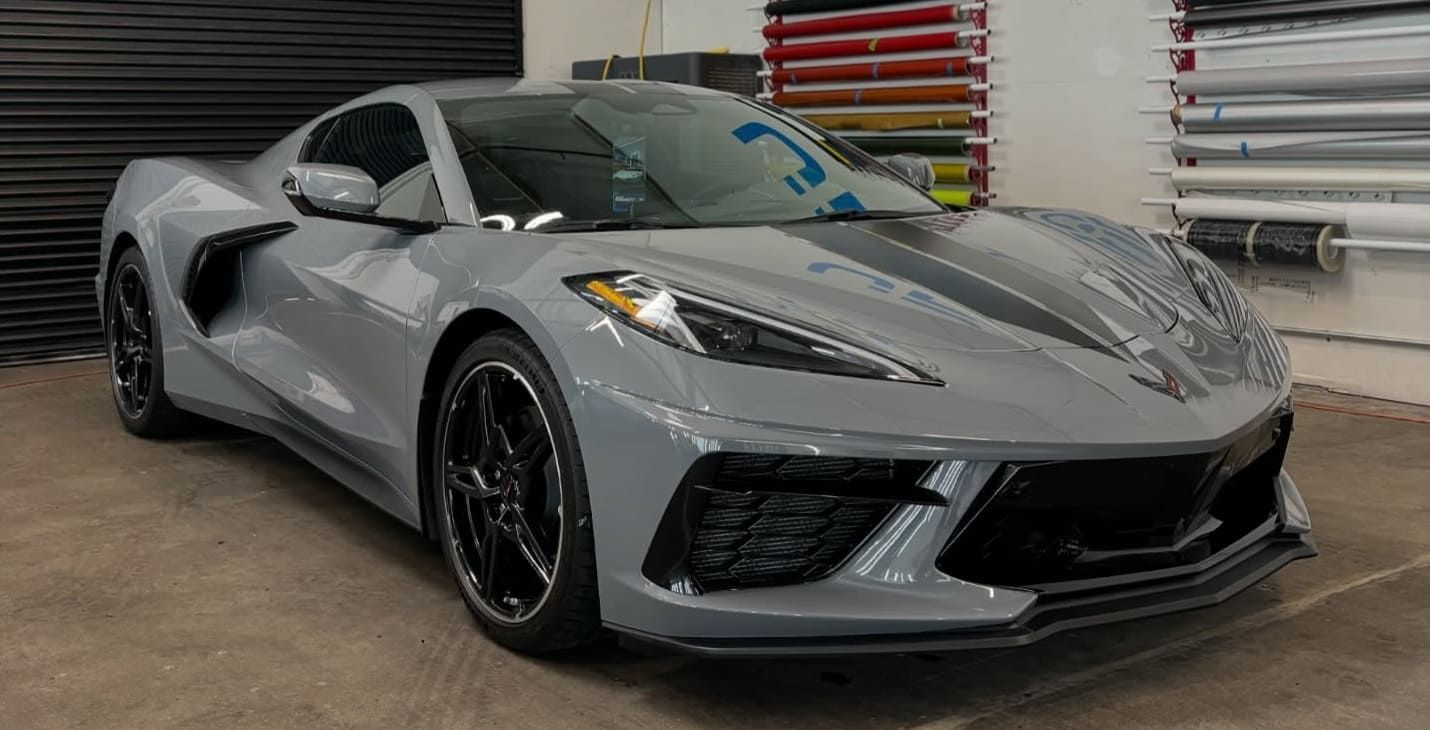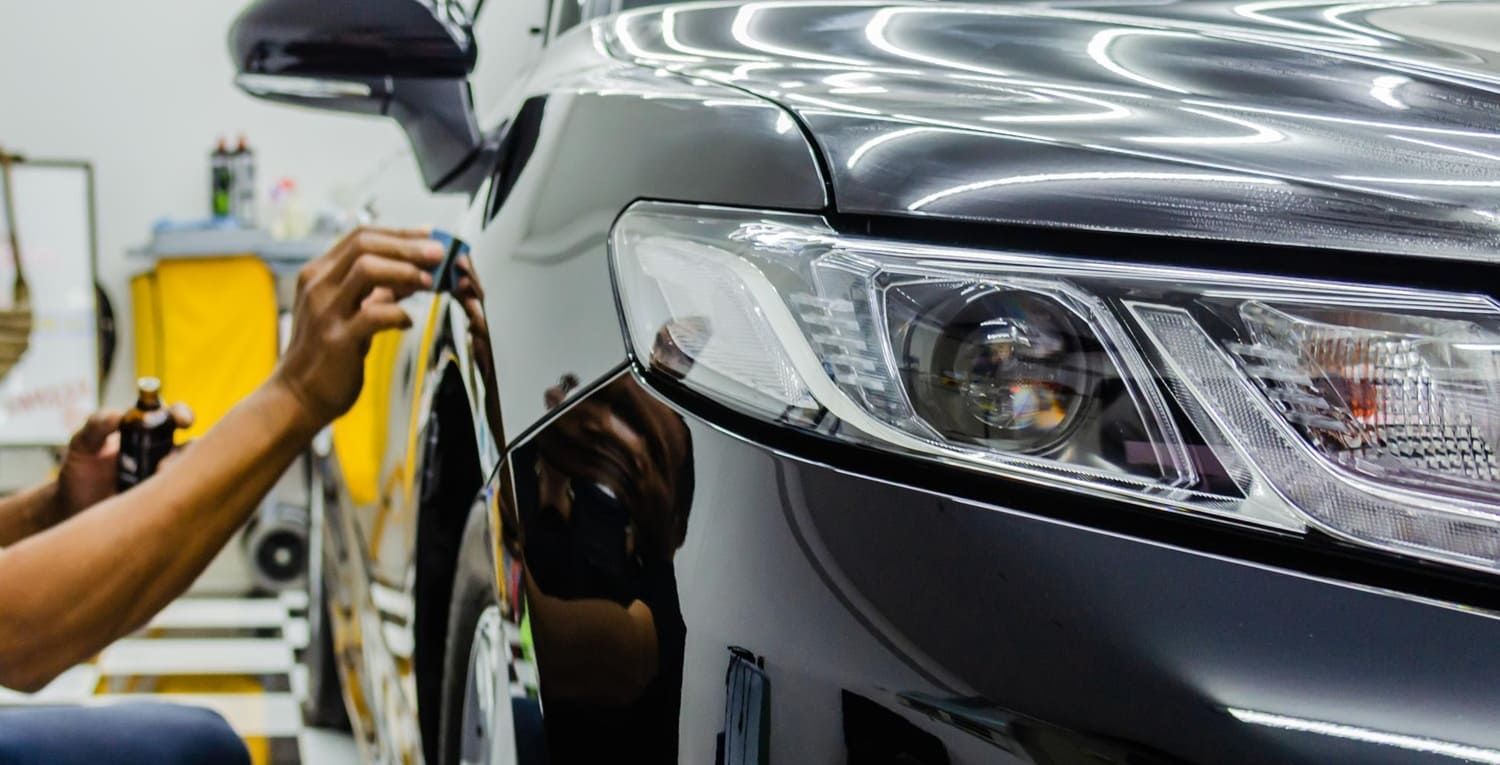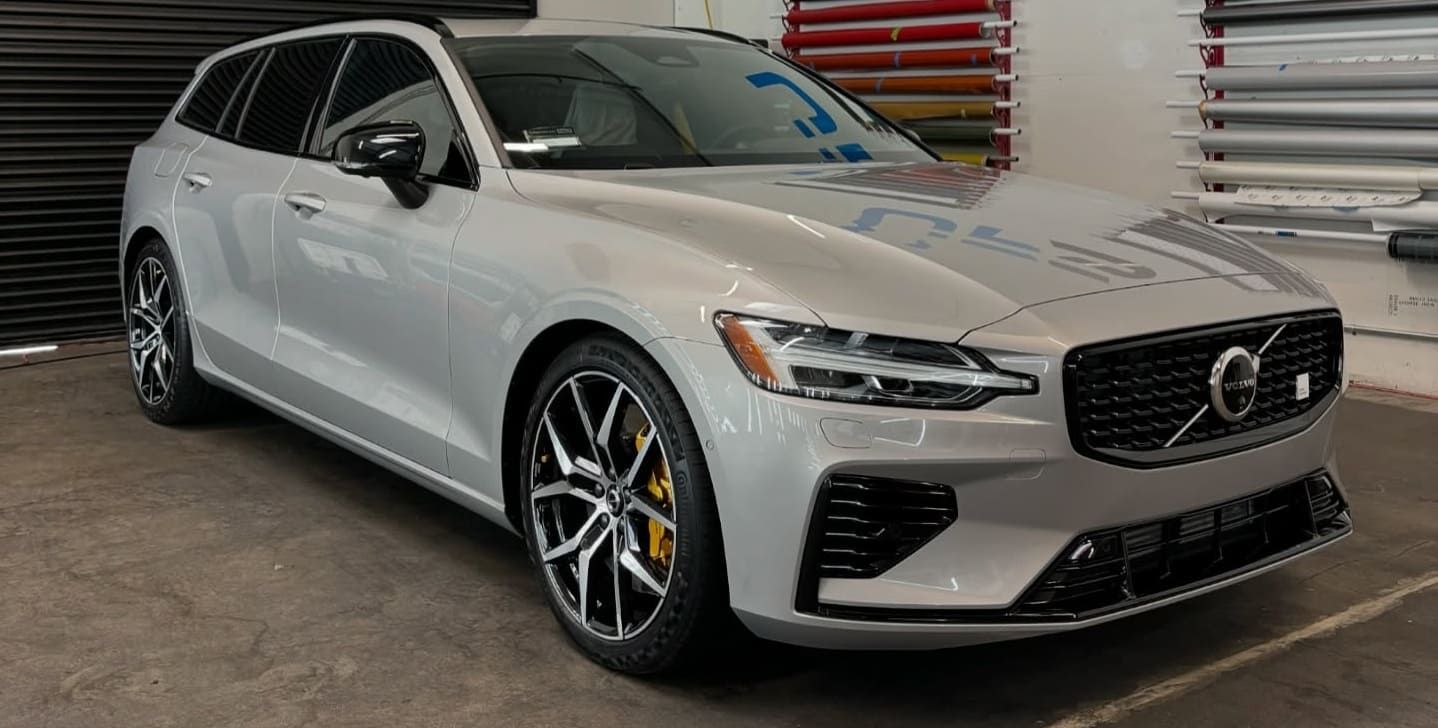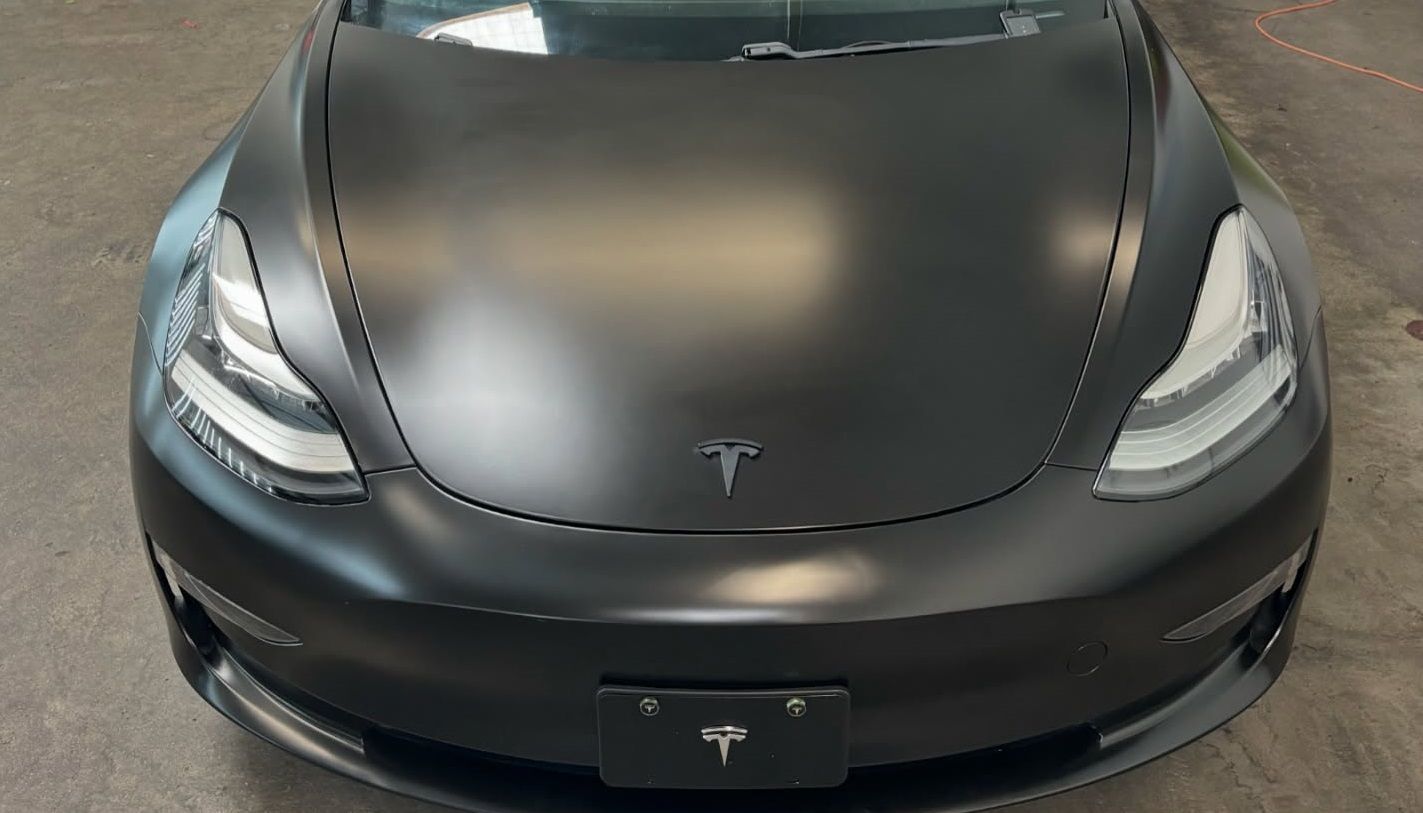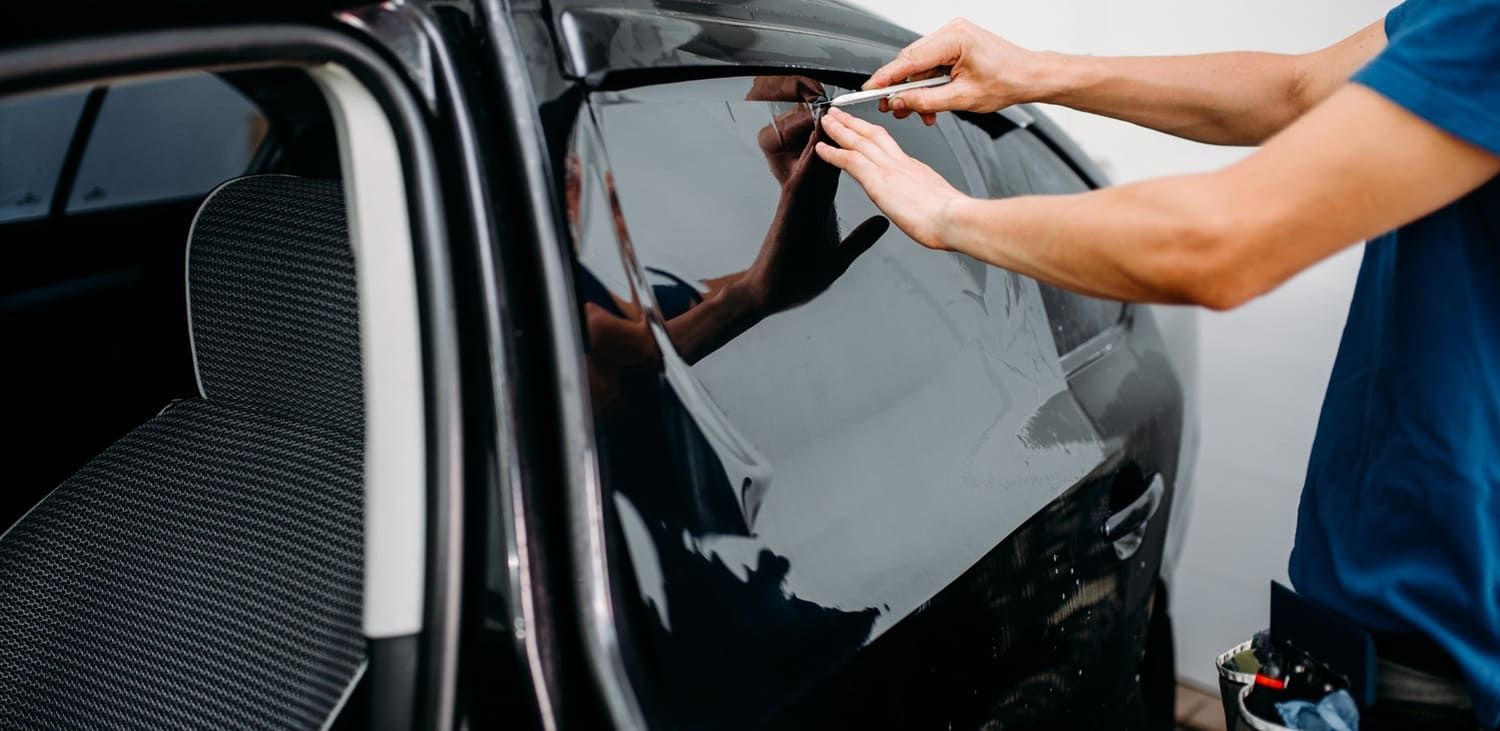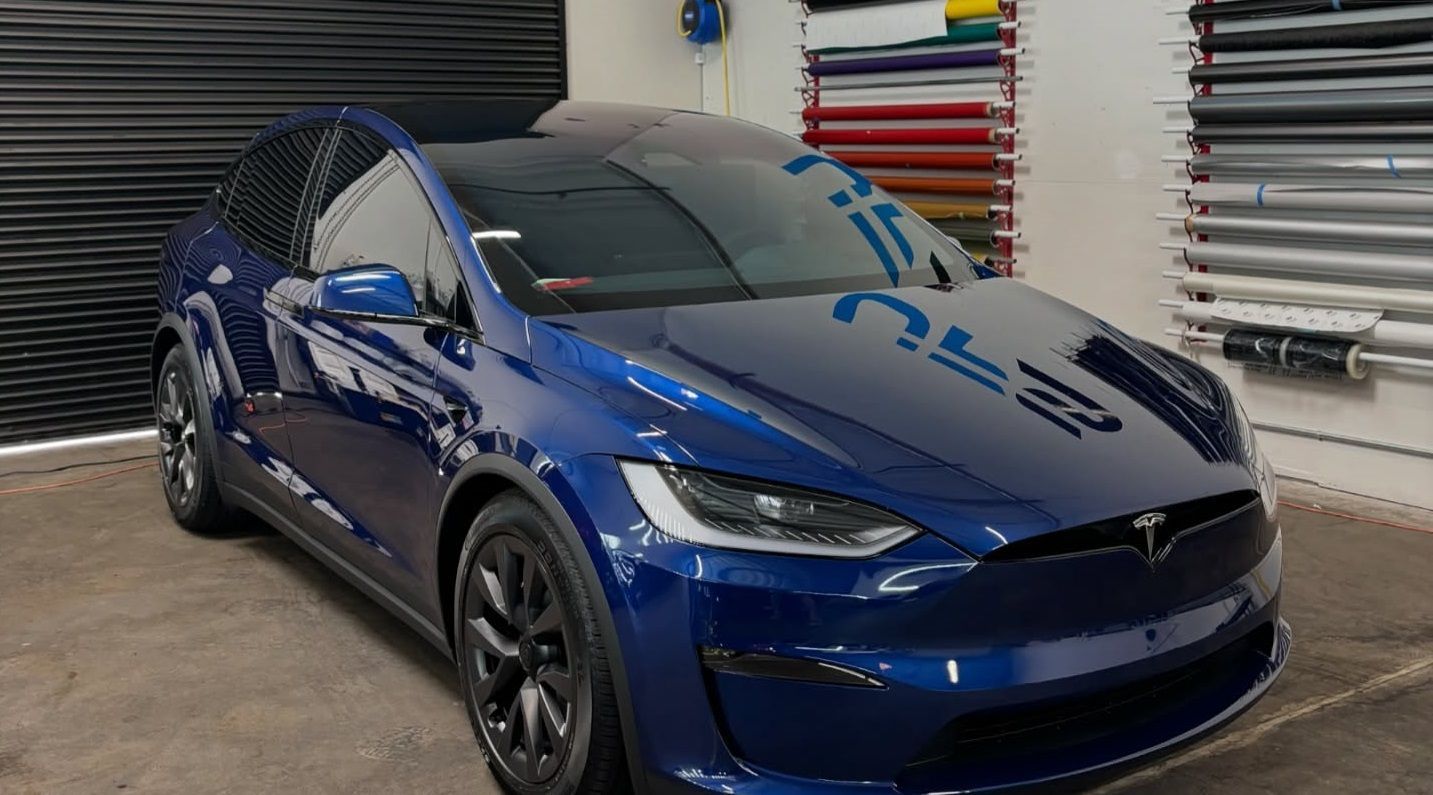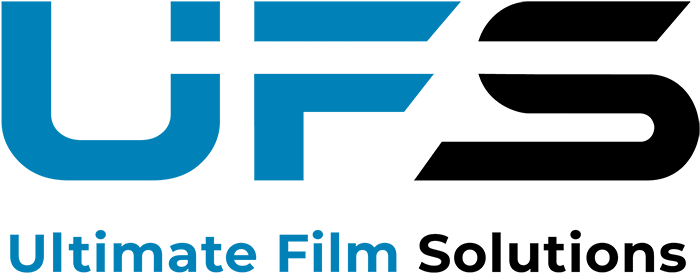DIY vs. Professional Paint Protection Film: What’s the Right Choice?
When it comes to preserving your car's paintwork, Paint Protection Film (PPF) is a popular choice. It's a clear film that shields your car from scratches, chips, and environmental damage.
But the question is, should you apply it yourself or hire a professional?
This article will delve into the world of DIY vs. professional PPF application. We'll explore the pros and cons of each method, the cost implications, and the quality of results you can expect.
Whether you're a DIY enthusiast considering a new project or a car owner weighing the cost versus benefits of professional services, this guide is for you.
By the end, you'll have a clearer understanding of which option is the right choice for your vehicle and your needs. Let's dive in.
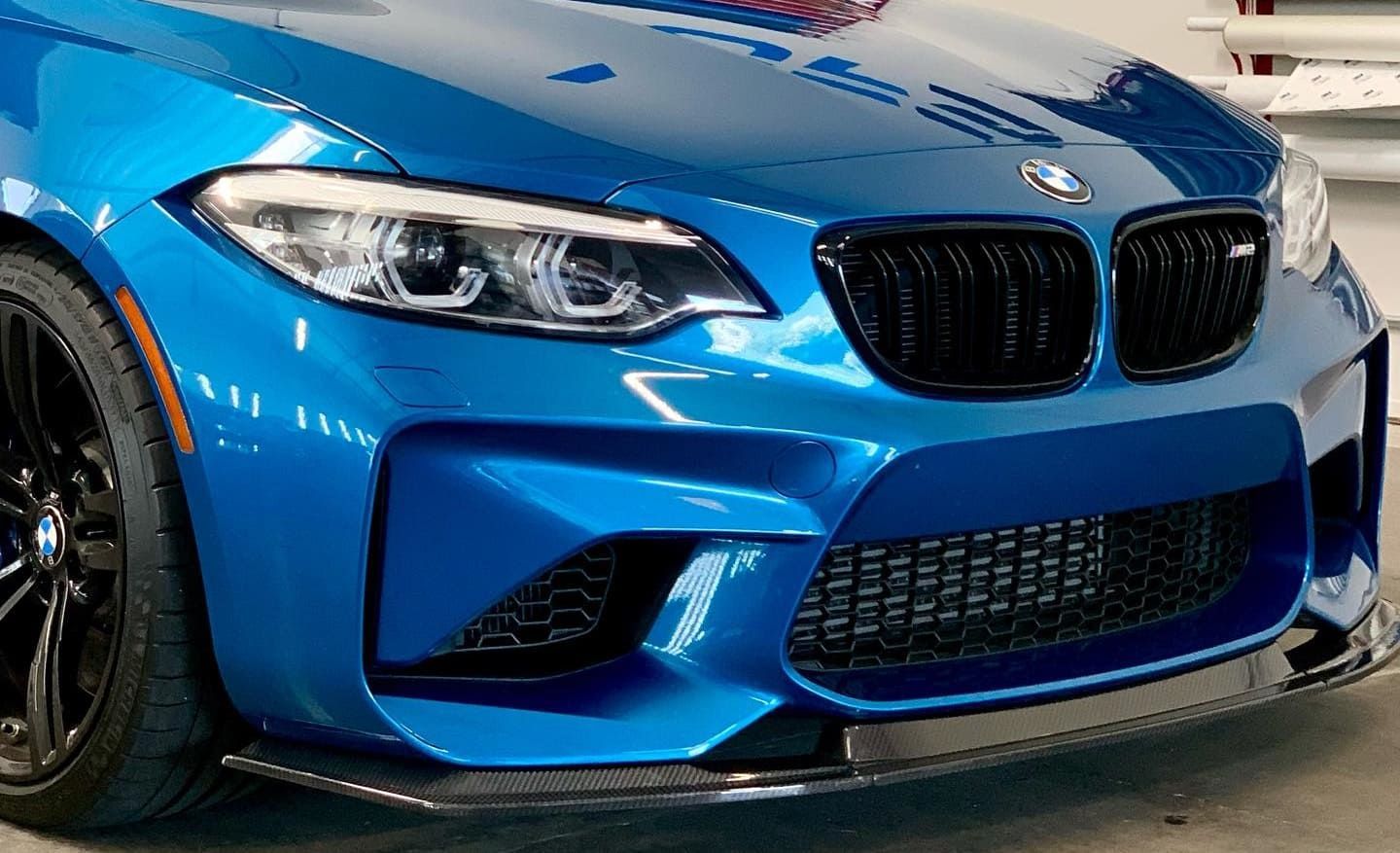
Understanding Paint Protection Film (PPF)
Paint Protection Film, commonly known as PPF, is a clear, durable layer applied to a vehicle's surface. It serves as a shield against debris, rocks, and environmental hazards that can damage car paint.
Originating from military applications, PPF has evolved into a favorite among car owners. Besides protecting the paint, it helps maintain the gloss and aesthetics of your vehicle. This protective film minimizes the risk of chips, scratches, and stains, extending the life of your car’s paintwork. It's an ideal choice for those looking to safeguard their investment and keep their vehicle looking new.
The DIY Approach to PPF Installation
Taking on a DIY paint protection film project can be an exciting challenge for car enthusiasts. It provides a sense of accomplishment and a personal touch to vehicle maintenance.
Embarking on this project requires patience, precision, and the right materials. Preparing the car's surface and following instructions can result in a decent finish.
Many vehicle owners choose the DIY route to save money and customize the process. This approach allows for flexibility in timing and execution.
However, DIY paint protection film installation isn't without its challenges. Mistakes can lead to imperfections such as bubbles and misalignment. Here’s a list of steps to consider for a successful DIY installation:
- Thoroughly clean and dry the vehicle surface.
- Measure and cut the film accurately.
- Apply the film using a squeegee to prevent bubbles.
- Ensure edges are sealed to prevent peeling.
Pros of DIY PPF Installation
One major advantage of DIY PPF installation is cost savings. DIY kits are significantly cheaper than professional services, which is appealing if you’re on a budget.
Flexibility is another benefit. You can work at your own pace, which can be ideal for those with busy schedules. Personal satisfaction from completing a project yourself cannot be underestimated. It offers a chance to develop new skills and gain confidence in vehicle care.
Cons of DIY PPF Installation
Despite the benefits, DIY PPF installation has its drawbacks. The primary concern is the potential for mistakes. Errors like misalignment or bubbles can impact the appearance and effectiveness of the film.
The installation process can be time-consuming and requires meticulous attention to detail. Inexperience can lead to wasted materials and a need for re-application, defeating the cost-saving objective. Additionally, DIY installations often lack the longevity and warranty provided by professionals.
Essential Tools and Materials for DIY PPF
Successful DIY PPF installation hinges on having the right tools and materials. Here's a list of essentials needed for this project:
- Pre-cut PPF kit or bulk film.
- Squeegee and spray bottle.
- Microfiber cloth and drying towels.
- Cutting tool and edge sealant.
- Measuring tape and heat gun.
With these tools and materials on hand, you'll be better equipped to tackle the intricacies of PPF application. Proper preparation and thorough research increase your chances of achieving professional-like results, even as a DIYer.
Professional PPF Installation Services
Opting for professional paint protection film (PPF) installation offers a seamless blend of expertise and quality. Trained technicians handle the intricacies of the process, ensuring optimal results.
Professional installers have access to top-grade materials and precision tools. This typically results in a superior finish compared to DIY methods. The skill set of experienced installers minimizes the risk of errors.
Most professional services offer warranties, which provide peace of mind and long-term protection. When considering professional installation, several factors make it a compelling option:
- Expert assessment of vehicle contours.
- High-quality film selection suited to your car’s needs.
- Assurance of a flawless finish with a warranty.
- Efficient, time-saving service with minimal downtime.
Benefits of Professional Installation
Professional PPF installation offers a level of quality hard to replicate at home. Installers have the skill to manage complex car contours with ease, resulting in a smooth finish.
The time and effort saved by leaving installation to professionals is significant. It allows car owners to avoid the frustration and potential mishaps associated with a DIY approach.
Drawbacks of Professional Installation
A key drawback of professional PPF services is cost. The expense can be substantial, especially for premium vehicles or full coverage installations. The convenience and expertise do come at a price.
There's also the matter of accessibility. Not everyone lives near an experienced PPF installer, which can add travel time and inconvenience to the process. Appointments might not align with personal schedules, causing delays.
What to Expect from a Professional PPF Service
Choosing a professional service means entrusting your vehicle to experienced hands. Expect comprehensive care, from initial assessment to final inspection.
Professionals will perform precise cutting and meticulous application, ensuring every edge fits perfectly. They provide guidance on maintenance and usually offer warranties for added assurance. This thorough service guarantees protection and enhancement of your vehicle’s paintwork.
Cost Comparison: DIY vs. Professional PPF
When weighing costs, the DIY approach often emerges as the budget-friendly choice. DIY paint protection film kits can be found at reasonable prices, making it accessible for those comfortable with a hands-on approach.
Professional installation, although more expensive, offers value through experience and quality assurance. The higher costs reflect the materials, skill, and time provided by specialists. Therefore, the price difference can influence your decision heavily.
Here's a brief overview of cost factors to consider:
- DIY Kits: Cost-efficient but require personal time and patience.
- Professional Services: Higher cost but include warranty and expert application.
- Hidden Costs: Potential errors in DIY can lead to costly repairs.
Ultimately, the choice hinges on budget constraints and personal priorities regarding quality versus cost.
Quality and Longevity: DIY vs. Professional Results
Quality often defines the effectiveness of paint protection film applications. DIY enthusiasts might struggle with precision, possibly facing bubbles or misalignment. These common issues can affect both the quality and lifespan of the film.
Professionally installed PPF generally excels in terms of durability and appearance. Experts use top-tier materials and adhere to meticulous installation techniques. These practices enhance the film's performance and longevity significantly.
Investing in a professional service ensures your vehicle's paint remains protected longer. This longevity can translate into better-looking results and added value for your investment in car paint protection.
Assessing Your Skill Level and Time Commitment
Before choosing a DIY approach, evaluate your comfort with detailed tasks. DIY PPF installation can be demanding and may require patience and practice. It’s crucial to understand the extent of work involved.
Time is another critical factor. DIY installations can take several hours or even days. If time is limited, opting for professional services might be more practical to ensure timely and high-quality results.
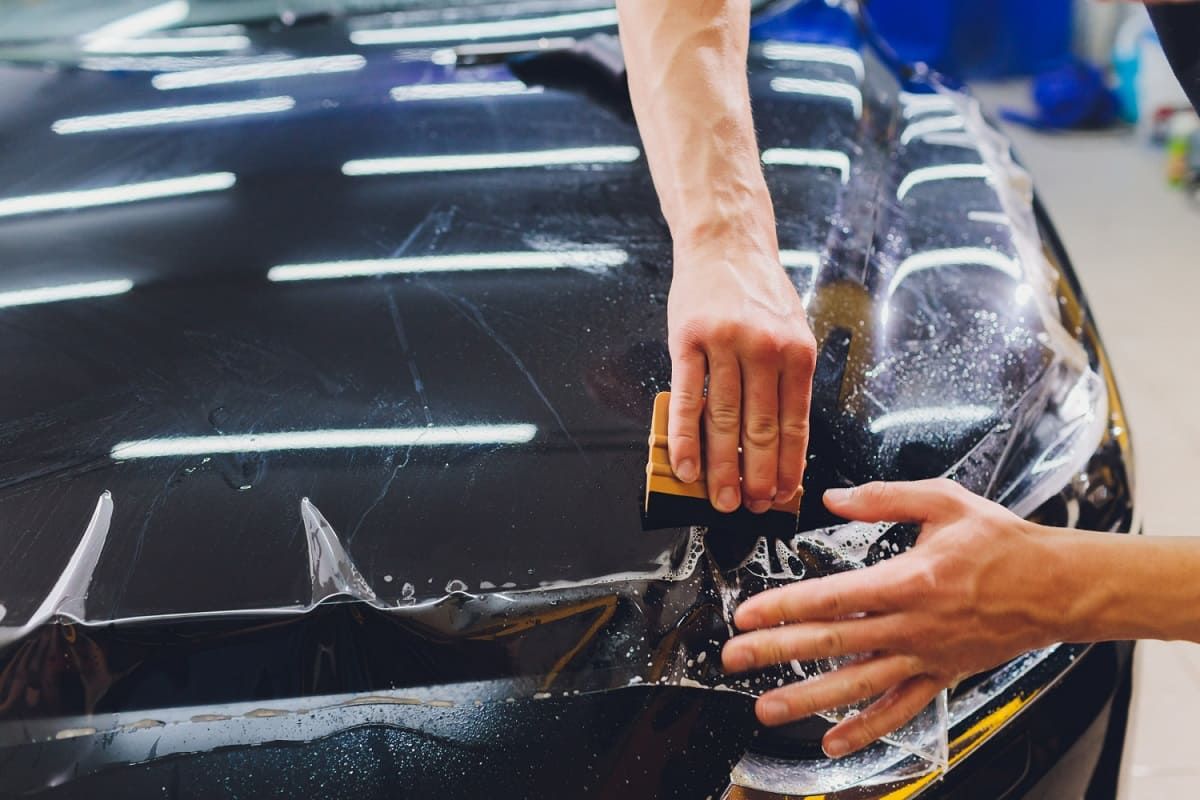
The Impact on Vehicle Resale Value
Protecting your vehicle's paint can enhance its resale value. Professionally installed PPF often adds more value due to its quality and durability.
DIY PPF might not offer the same assurance. A poorly installed film could even decrease appeal. Opt for professional installation if resale value is a priority.
Making the Right Choice for Your Vehicle
Choosing between DIY and professional PPF depends on your skill level and patience. Consider your available time and the complexity of your vehicle's surface.
A professional ensures quality and peace of mind. However, if you enjoy hands-on projects and have confidence, a DIY approach might be rewarding.
Conclusion: Weighing the Pros and Cons
Ultimate Film Solutions is your premier destination for Paint Protection Film (PPF) installation in Sacramento & North Hollywood. Whether you're considering a DIY project or seeking professional installation, we are here to guide you in making the best choice. For guaranteed protection and expert results, trust our team of professionals. Contact us today for a free estimate and let us provide you with the highest-quality PPF installation to protect your vehicle.
Both DIY and professional PPF application have their merits. Your choice should align with your goals and expectations.
If budget and satisfaction drive your decision, DIY might appeal to you. For assured results and protection, consider the expertise of professionals.

